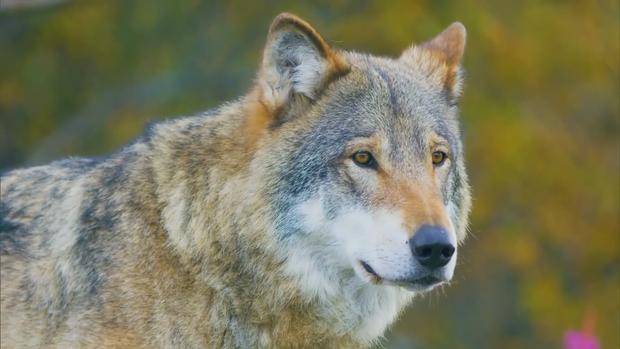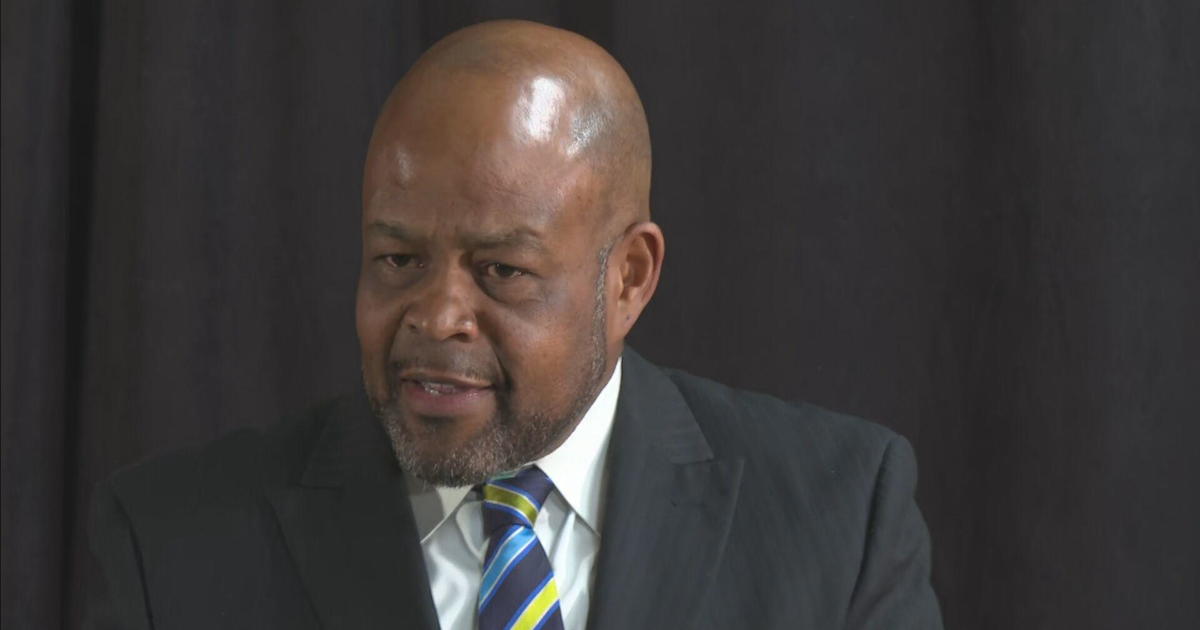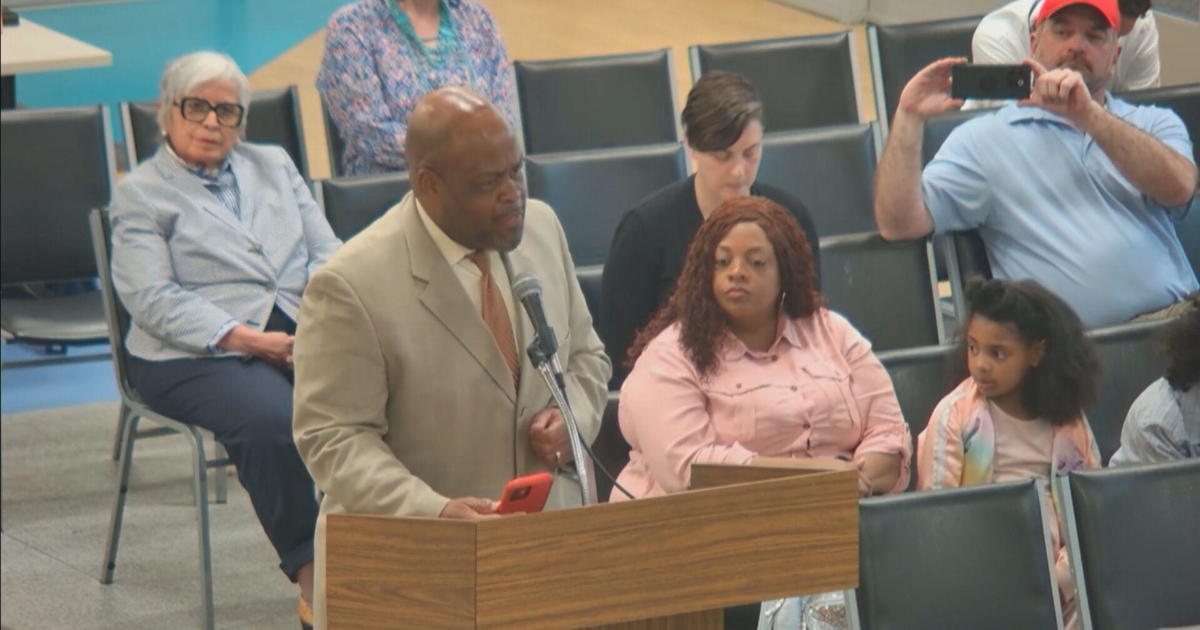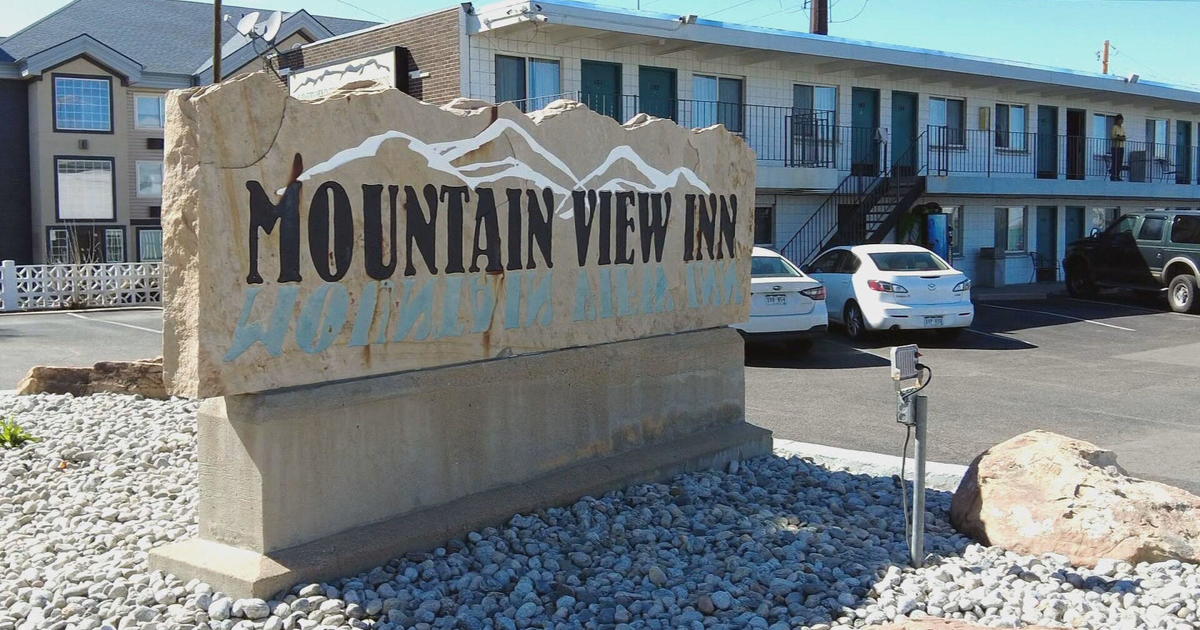Variety Of Opinions On Gray Wolf Reintroduction Included In Keystone Policy Center Report
SUMMIT COUNTY, Colo. (CBS4) - While a final plan for wolf restoration is still years away, the Keystone Policy Center recently concluded a major study and engagement process over the summer which will play a role in how the plan moves forward.
"This report qualitatively details the various perspectives gathered during our summer public engagement effort," said Julie Shapiro, director of the Natural Resources Program for Keystone Policy Center. "The report does not attempt to draw conclusions regarding which specific restoration and management strategies were favored by participants in the process, but instead details the underlying rationales, interests and values expressed of those who participated."
The policy center, which is a non-advocacy group based in Summit County, was brought on to assist CPW in the planning process this year and engaged with more than 3,400 stakeholders.
Engagement content and questions detailed in the report are structured around four major planning topics:
- Wolf Restoration: Restoration logistics, including source populations of wolves to be released; considerations for where wolves should be released; release technique; and pace of restoration.
- Wolf Management: Indicators of restoration program success including for wolf populations and other ecological, social and/or economic indicators; multi-jurisdictional management and government engagement; human-wolf conflicts; hunting of wolves; monitoring; and funding.
- Livestock Interactions: Depredation trends; ecological, economic, and social contexts for wolf-livestock interactions; conflict minimization practices; compensation programs including investigation, verification, direct, and indirect costs; nonlethal vs. lethal management of conflict wolves; partnerships; and funding.
- Engagement, Education and Outreach: The planning and engagement process; engagement of different stakeholder interests; education approaches and content.
There were no surprises when it came to the summary of the input given, which included a wide variety of opinions. The Keystone Policy Center stated that the diversity of responses will make the planning portion, a "socially complex undertaking."
A section of the report noted this diversity in one section stating:
"Comments from Western Colorado were more likely to oppose wolf restoration, anticipate negative impacts, support lethal management, support a slow pace of restoration, and emphasize the need for engagement in Western Colorado. Comments from Eastern Colorado (inclusive of and largely representative of Front Range communities) and from out of state were more likely to support wolf restoration, anticipate positive benefits, oppose lethal management, and emphasize engagement of all Coloradans as well as out of state publics. However, comments from all geographies reflected a diversity of sentiments, some reflecting strongly held positions and others focused on learning more about wolf restoration."
Fortunately, Colorado Parks and Wildlife has an inclusive review process when it comes to interpreting the public input.
"The Stakeholder Advisory Group is made up of those diverse people that you're mentioning," Rebecca Ferrell, CPW's Branding and Communications Manager told CBS4, "their role is to take the technical pieces that are being proposed by the Technical Working Group and look at them from those diverse perspectives and so everything from agriculture to recreation to conservation and kind of everything in between to really talk about how it affects and impacts the groups that they may be a part of the organizations that they may be a part of."
Currently she says, the Technical Working Group is looking at the data."The Technical Working Group is really kind of working at this point on starting to figure out and plan for those nitty gritty details that people have been curious about from the very beginning and that includes where might we source the wolves from, and you know what sort of male to female ratio are we looking at and what might be good locations from a habitat population density, social acceptance perspective. So these are all things the technical working group is bringing forward as their recommendations and then those are the things that the stakeholder advisory group will then look at and provide sorta the backbone of the plan that our staff will put together," said Ferrell.
While the governor has asked CPW to start moving its meetings to a hybrid, online model, the Stakeholder Advisory Group meetings are open to the public, those who want to participate in person in Monday's meeting at the Cheyenne Mountain Zoo, should pre-register at wolfengagementco.org.
The CPW Commission will meet on Nov. 18 to go over the report from the Keystone Policy Center along with input from the Technical Working Group. This is open to the public for comment and will be streamed live on the CPW YouTube channel.
For the full report, click here.




